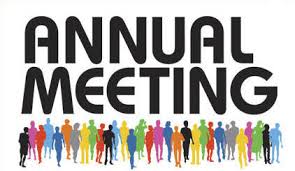Wednesday, February 5
1:30 p.m. – Adult Forum Planning Meeting
5:00 p.m. – Confirmation Class
7:00 p.m. – Choir rehearsal
8:00 p.m. – Band rehearsal
Thursday, February 6
10:00 a.m. – Bible Study with Pr. Amy
1:30 p.m. – Property & Management Meeting
5:00 p.m. – Community Meal at Decorah Lutheran
Sunday, February 9 – Fifth Sunday after Epiphany
9:30 a.m. – Worship with Holy Communion – 11a.m. Broadcast
10:30 a.m. – Fellowship Hour
10:45 a.m. – Sunday School/ Youth Forum
11:00 a.m. – Adult Forum – Partisan Politics in Persian Period Judah – Kristin Swanson






